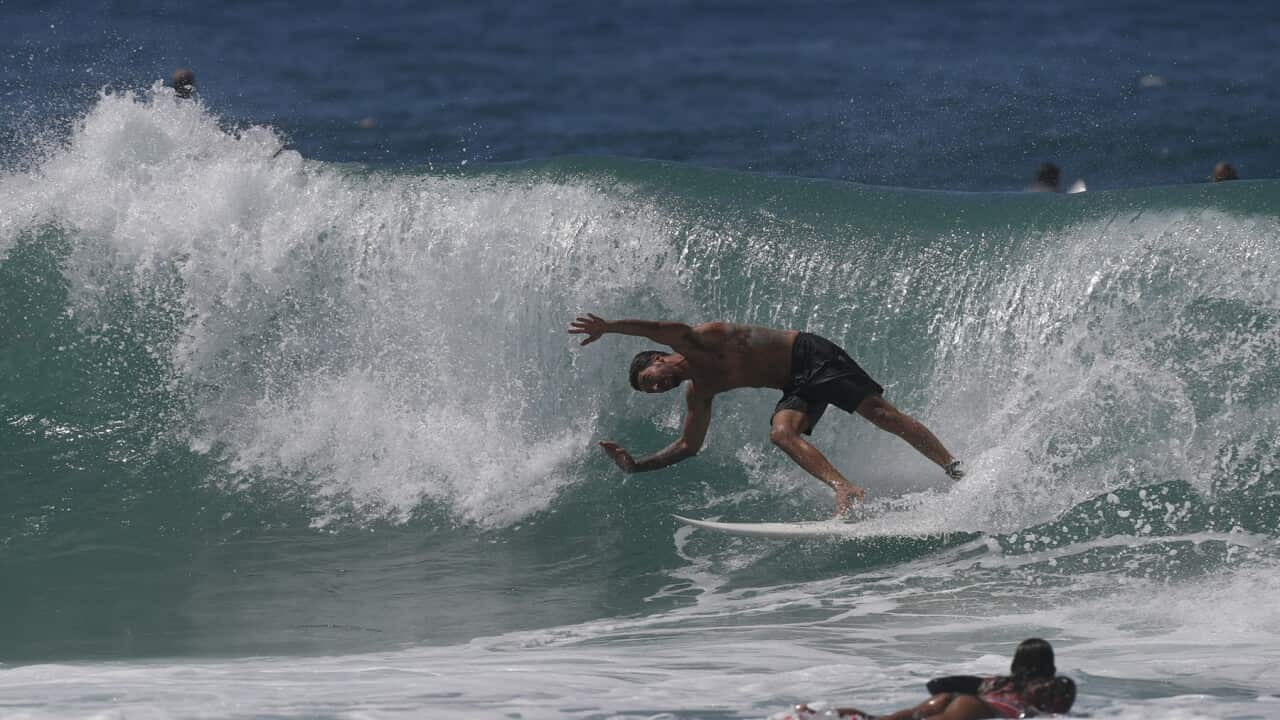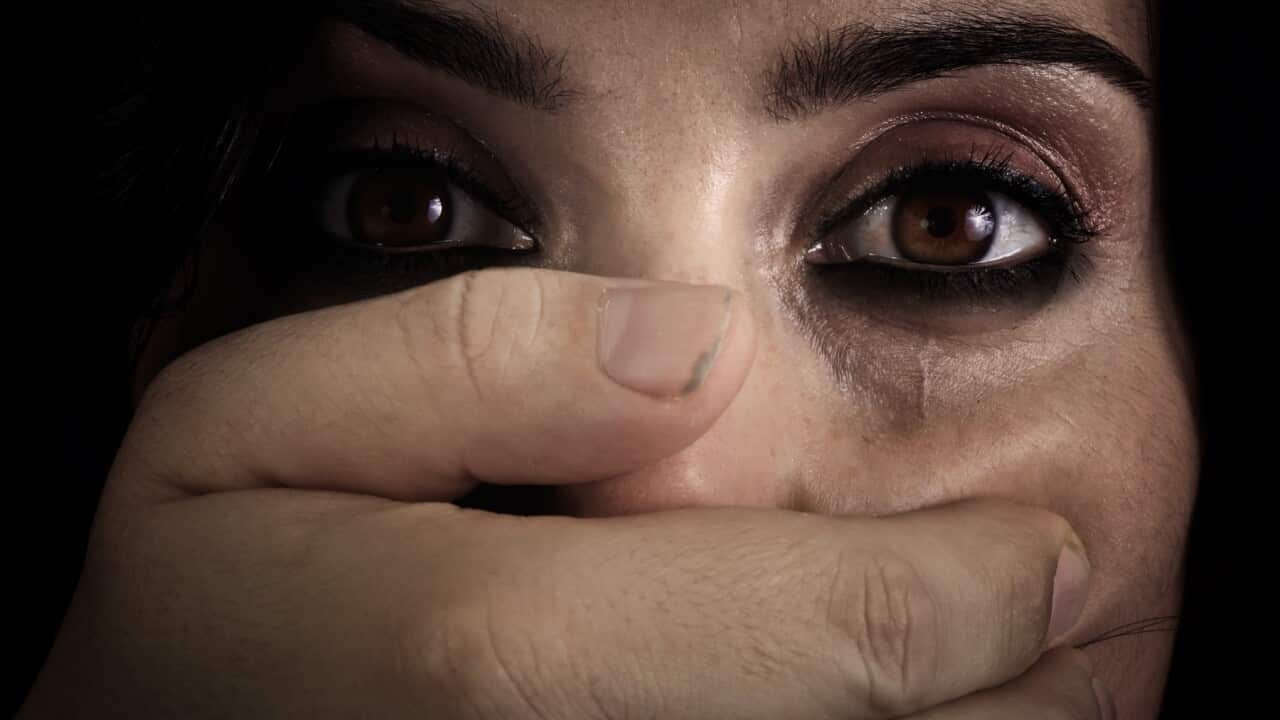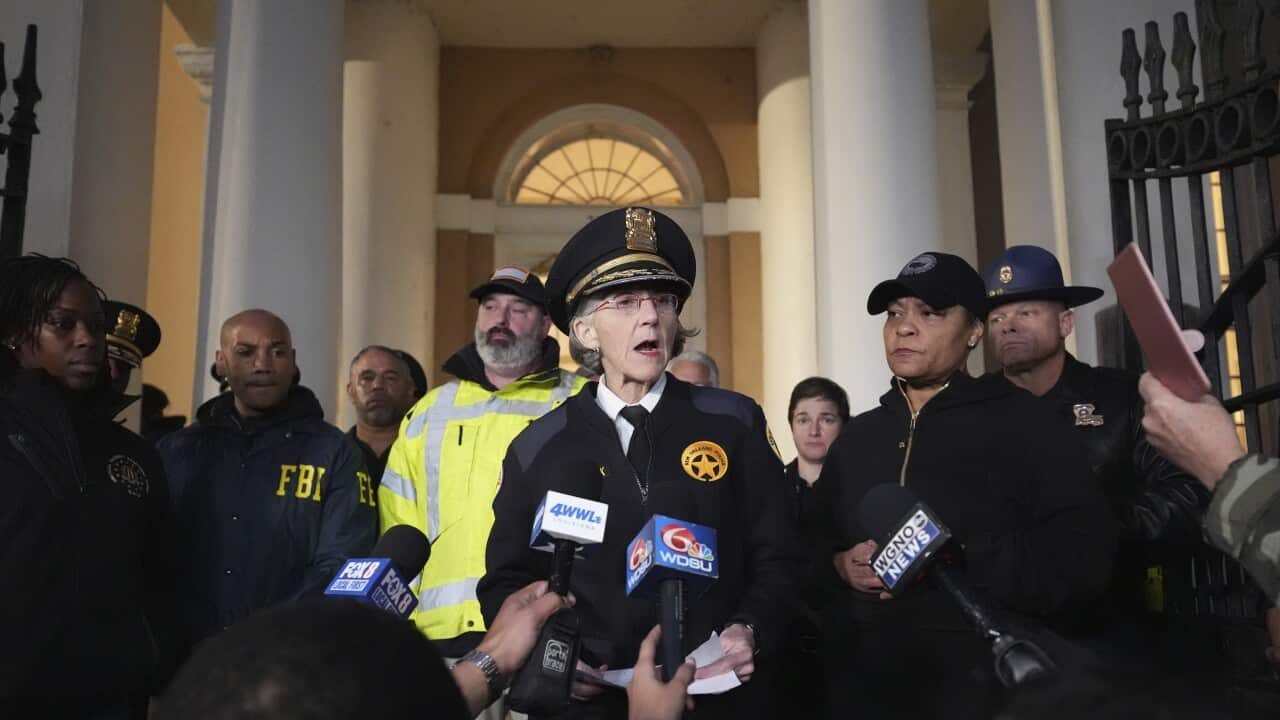English
In the Netherlands there are more bicycles than people.
It's a way of life that offers a cheap and convenient way to get around, which is what makes this mode of transport an obvious choice.
The Royal Dutch Touring Club are asking people to donate their own two wheelers to help some of the 4000 asylum seekers arriving in the country every day.
They say bikes can help not just your physical health, but also break down barriers and improve mental health too.
But it's not just the new arrivals who need a helping hand.
As the cost-of-living crisis bites, more and more native Dutch families are struggling to afford even the basics.
For those who can't afford to buy bicycles, this scheme aims to ensure their children enjoy the same opportunities as others.
Melanie and her husband can only manage the absolute essentials for their three children.
"We don't have that much money. So it's first bills, and then what's left, this goes to groceries and then there's no money for bikes."
She's helping four-year-old Emma to choose a bike.
She says her older two children are being ridiculed because they can't do something all their classmates can.
"They are being laughed at, because they can't ride a bike. So they have lessons in school traffic rules with the bicycle, and they can't ride a bike. Yeah. So I hope that will change."
Melanie is also conscious of the health benefits for the whole family.
"So we're gonna have to run after them. Exercise. (laughs) And then we go around the park."
The bikes are donated, fixed up by volunteers, most of them retired or young people who've dropped out of school.
Inge Veliscek from the ANWB says cycling is an excellent form of exercise.
"If you cycle it's good for your body, it's good for your head. Something happens when you eat chocolate. It's the same when you cycle. In Holland, you need a bicycle to join in, to go to your football or to your friends or the school of your choice. If you don't have a bicycle, these people here don't have the money to take the bus or tram. And if you have a bicycle, then you have freedom. And that's so important. You can actually join in in the world, which makes your world bigger because here, you could choose a school that's really near here, but maybe doesn't have the same future for you. But if you go to that school, and it's like 15 minutes on your bicycle, then you can go there. But now your parents might say no, there's no money. So you go to this school. So that's the difference. And now with your bicycle, your world is open."
She says the plan is broadening horizons for the most disadvantaged children.
"At least they have a chance to have a better future maybe then their parents. And maybe that's because of the bicycle. We hope so anyway, yeah."
But not all the children here are from the Netherlands.
Jez runs the units in a deprived part of The Hague.
He says people come from countries where cycling is not as logical as it is here in the Netherlands.
"We get Polish people, Bulgarian people, Italian people so it’s completely unknown that when you grow up in Holland, first thing you learn is to walk and then you ride the bike. And there's a difference so when the parents don't cycle and so the kids don't learn, and they come to you get a bike, but say they don't know how to do it. So they will learn."
Cycling in the Netherlands is seen as a great equaliser as well as a great way to integrate into Dutch society.
So whereas there are families who are struggling to eat, when those children are cycling along, they're just the same as everyone else.
Melanie is helping her daughter to balance on two wheels - equipping her to join a cycling society.
"I don't have words. I can reach almost tears because I'm just happy for them."
In the 21st century, the humble bike is becoming a symbol of changing times.
Italian
In Olanda ci sono più biciclette che persone.
È uno stile di vita che offre un modo economico e conveniente di andare in giro, il che rende questa modalità di trasporto una scelta scontata.
Il Royal Dutch Touring Club sta chiedendo alla gente di donare la loro due ruote per aiutare alcuni dei 4000 richiedenti asilo che arrivano in Olanda ogni giorno.
Secondo il Touring Club, le biciclette possono aiutare non soltanto la salute fisica, ma anche abbattere barriere e migliorare la salute mentale.
Ma non sono soltanto i nuovi arrivati ad aver bisogno di una mano.
Visto che la crisi del caro-vita morde, sempre più famiglie olandesi stanno avendo problemi a permettersi anche le cose basilari.
Per coloro che non possono permettersi di comprare una bicicletta, questo progetto mira ad assicurarsi che anche i loro bambini possano avere le stesse opportunità degli altri.
Melanie e suo marito possono soltanto permettersi le cose assolutamente essenziali per i loro tre figli.
"We don't have that much money. So it's first bills, and then what's left, this goes to groceries and then there's no money for bikes."
Melanie sta aiutando sua figlia di 4 anni, Emma, a scegliere una bici.
Melanie ha detto che i suoi altri due figli più grandi sono stati ridicolizzati perché non possono fare quello che tutti i loro compagni di classe fanno.
"They are being laughed at, because they can't ride a bike. So they have lessons in school traffic rules with the bicycle, and they can't ride a bike. Yeah. So I hope that will change."
Melanie è anche consapevole dei benefici per la salute di tutta la famiglia.
"So we're gonna have to run after them. Exercise. (laughs) And then we go around the park."
Le bici vengono donate e riparate dai volontari, la maggior parte dei quali sono pensionati o giovani che non vanno più a scuola.
Inge Veliscek del Touring Club ha detto che andare in bicicletta è un’ottimo modo per tenersi in forma.
"If you cycle it's good for your body, it's good for your head. Something happens when you eat chocolate. It's the same when you cycle. In Holland, you need a bicycle to join in, to go to your football or to your friends or the school of your choice. If you don't have a bicycle, these people here don't have the money to take the bus or tram. And if you have a bicycle, then you have freedom. And that's so important. You can actually join in in the world, which makes your world bigger because here, you could choose a school that's really near here, but maybe doesn't have the same future for you. But if you go to that school, and it's like 15 minutes on your bicycle, then you can go there. But now your parents might say no, there's no money. So you go to this school. So that's the difference. And now with your bicycle, your world is open."
Veliscek ha detto che il piano sta allargando gli orizzonti dei bambini più svantaggiati.
"At least they have a chance to have a better future maybe then their parents. And maybe that's because of the bicycle. We hope so anyway, yeah."
Ma non tutti i bambini vengono dall’Olanda.
Jez gestisce il progetto in una zona povera di The Hague.
Sostiene che le persone vengono da altre nazioni in cui andare in bicicletta non è così scontato come in Olanda.
"We get Polish people, Bulgarian people, Italian people so it's completely unknown that when you grow up in Holland, first thing you learn is to walk and then you ride the bike. And there's a difference so when the parents don't cycle and so the kids don't learn, and they come to you get a bike, but say they don't know how to do it. So they will learn."
Andare in bicicletta in Olanda è visto come un grande livellatore oltre ad essere un grande modo di integrarsi nella società olandese.
Quindi, laddove ci sono famiglie che hanno problemi a mangiare, quando quei bambini vanno in bicicletta, sono esattamente come tutti gli altri.
Melanie sta aiutando sua figlia ad imparare a bilanciarsi su due route – preparandola ad unirsi ad una società di ciclismo.
"I don't have words. I can reach almost tears because I'm just happy for them."
Nel ventunesimo secolo, l’umile bici sta diventando un simbolo dei tempi che cambiano.
Report by Anna Holligan for SBS News.
Ascolta tutti i giorni, dalle 8am alle 10am. Seguici su , e o abbonati ai nostri podcast cliccando .




